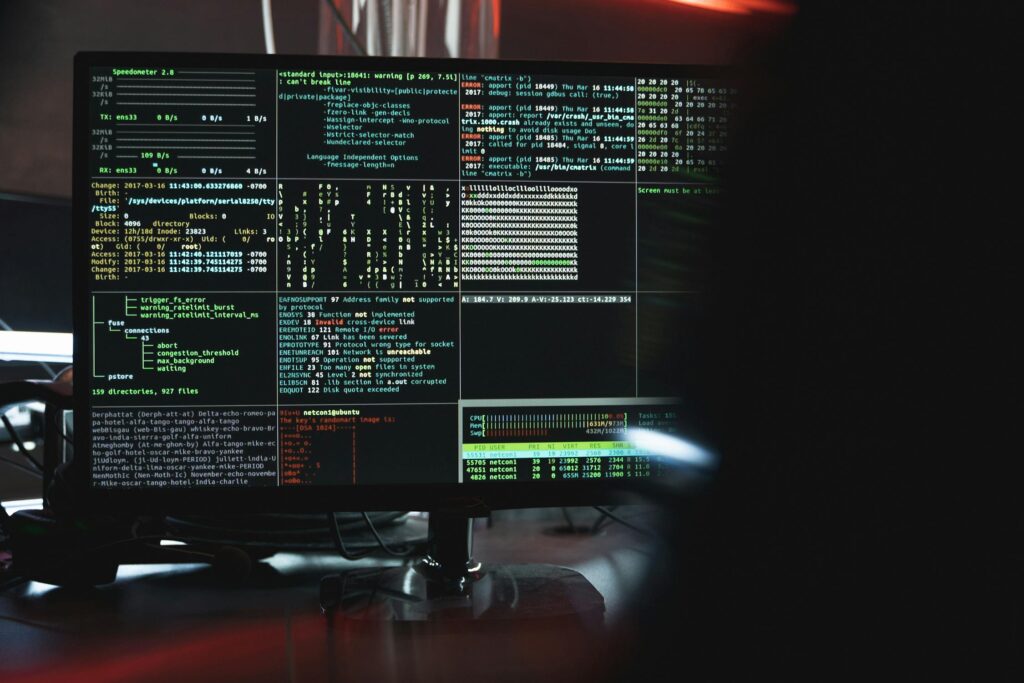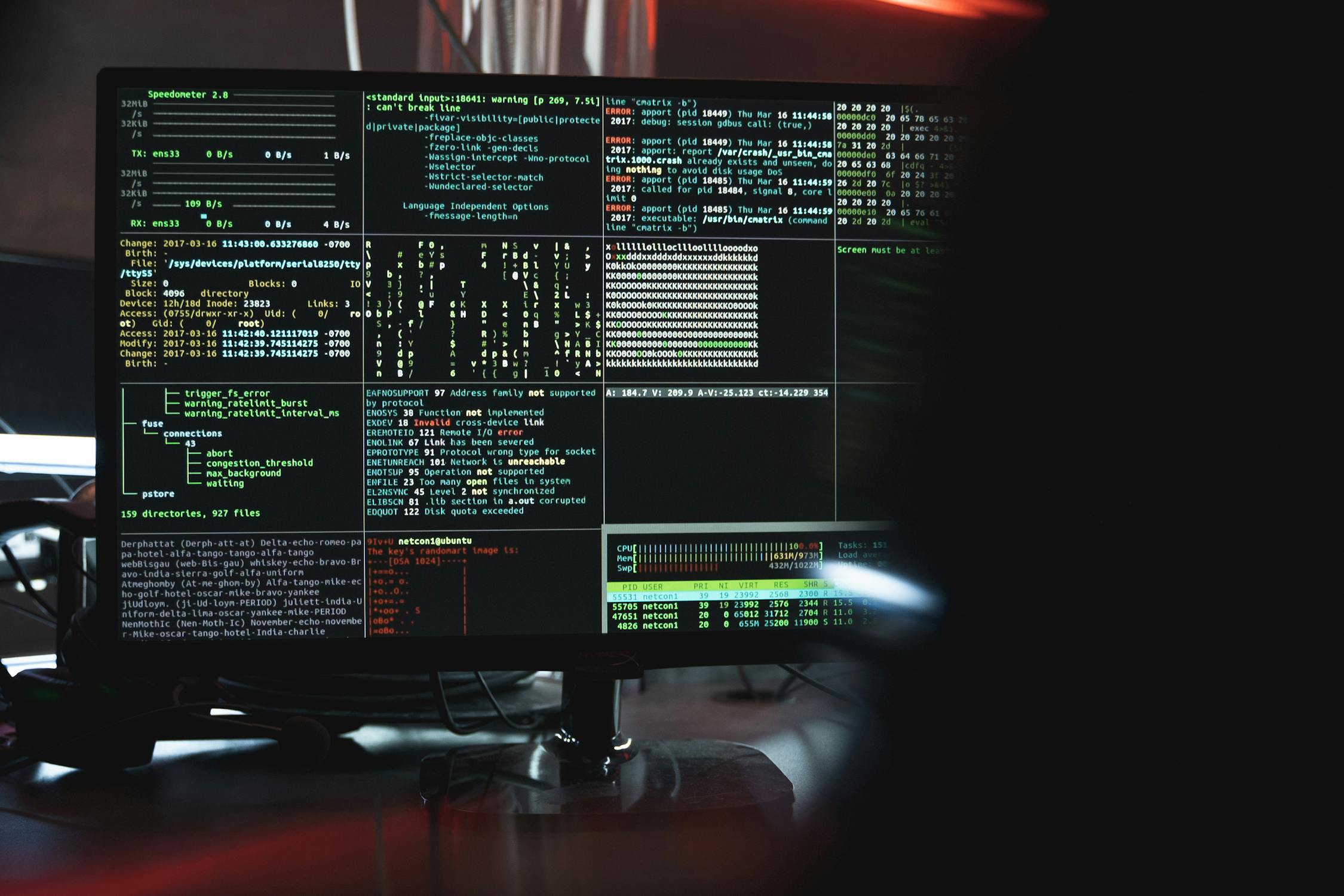Cybersecurity is the practce of protecing systems, networks, and programs from digital atacks. These cyber attaks are ussually aimed at acessing, changing, or destroing sensitve information, interupting normal buisness processes, or extorting money from users.
Why is Cybersecurity Important?
In today’s digtal world, cyber threts are becomming more advancd and widespred. Organizations and indivduals rely heavly on the internet for comunication, financal transactions, and storing sensetive data. Without strong cybersecurity meassures, they become vulnrable to hackng, phising, malwere, and other cyber threts.
Common Cyber Threats
Cyber criminalls use varius technques to compromize securty. Here are some of the most common cyber threts:
Phishing Attacks
Phishing is a methood where atackers send fradulent emails or mesages, pretending to be trusted entites. The gole is to trick victims into providing sensetive data like passwods, credit card detais, or social secuirty numbers.
Malware
Malware incldes virusses, worms, trojens, and ransomware. These harmful programes infiltrate a systm to steel data, damage files, or disrupt operatons.
Denial-of-Service (DoS) Attacks
A DoS atack overwhelms a target’s network with excesive traffic, causing disruptions and preventng legitmate users from accesing servces.
Man-in-the-Middle (MitM) Attacks
In a MitM atack, an atacker interceps comunication between two partys to steel personal informtion or inject malicous content.

Best Practices for Cybersecurity
Protecting your online data requires a proactive aproach. Here are some best practces to improve your cybersecurty:
Use Strong Passwords
Create uniqe and complex passwods for every acount. Use a combnation of upper and lower case leters, numbers, and special charactrs to enhnce securty.
Enable Multi-Factor Authentication (MFA)
MFA adds an extra layer of protecton by requiring additional verificaton steps, such as a one-time code sent to your phone or email.
Keep Software and Systems Updated
Regular softwre updates patch securty vulnerabilites and protect against emerging threts. Always install updates for your operatng system, apps, and antivirus softwre.
Beware of Suspicious Emails and Links
Avoid clickng on unknow links or downloadng attchments from untrusted sourcs. Phishing emails often contan mispellings, genric greetings, and urgent requsts for personal informtion.
Use Secure Networks
Public Wi-Fi networks can be unsfe, as cyber criminalls may intercepet data transmited over them. Use a virtual private network (VPN) to encrypt your internet conection.
Backup Your Data
Regulrly back up your importnt files to a secure locaton. This ensures that you can recover your data in case of a cyber atack or hardwre failure.
The Future of Cybersecurity
With the rapid growth of technlogy, the landscape of cybersecurty is continusly evolving. Artficial inteligence (AI) and machine lerning are being integated into security systems to detect and respond to threts faster. However, cyber criminalls are also becoming more sophisticated, necessiating continued vigilnce and innovatoin in cybersecurty meassures.
Conclusion
Cybersecurity is an essential aspct of digital life. By followng best practces, staying informed about emerging threts, and using advnced security tools, indivduals and organiztions can safeguard their data from cyber attaks. As technology advnces, so must our aproach to cybersecurty, ensuring a safer online enviroment for everyon.
